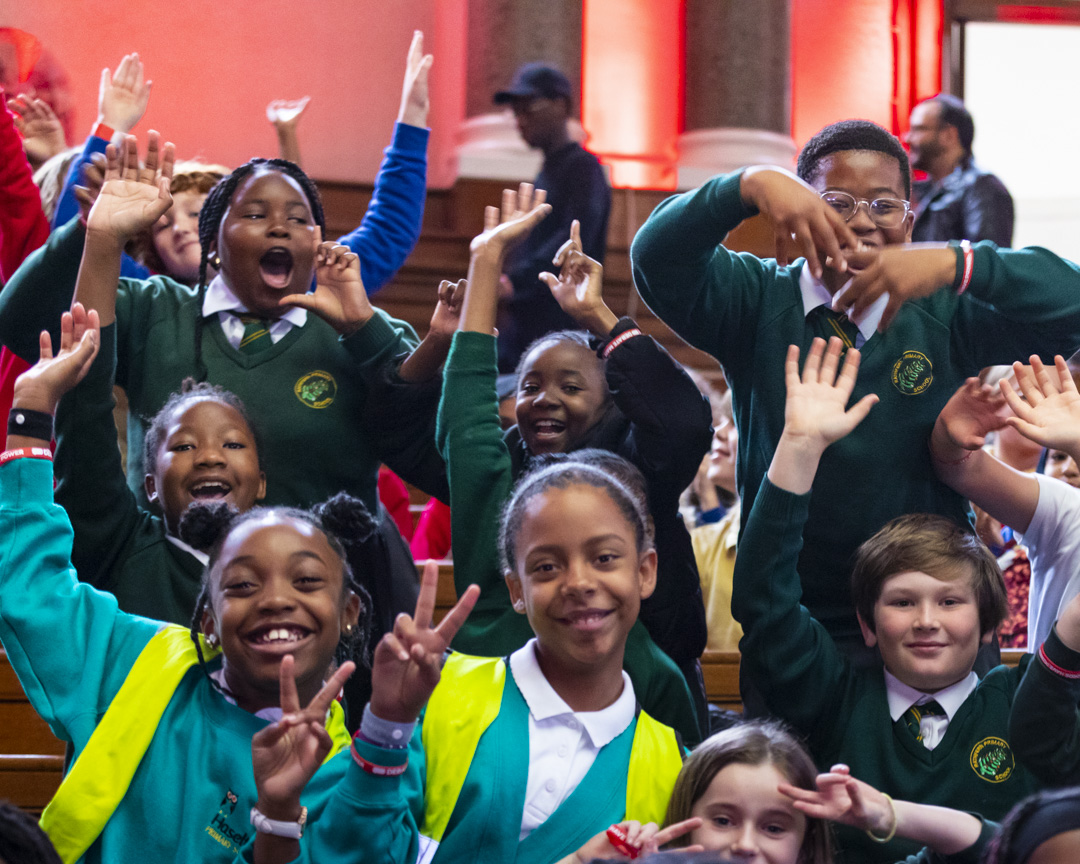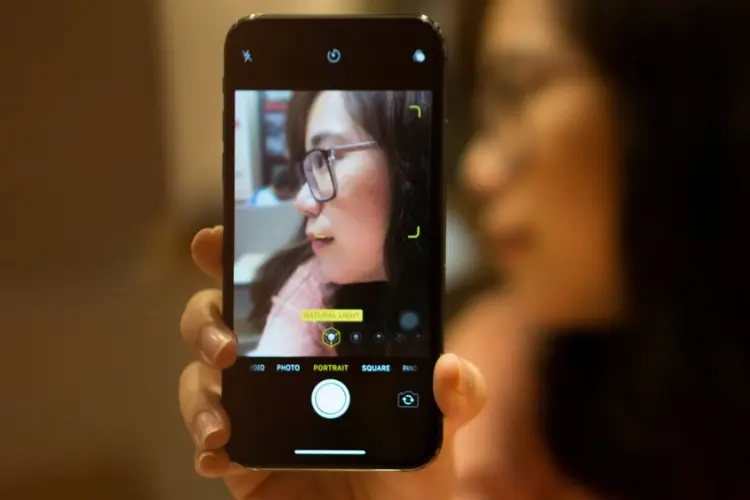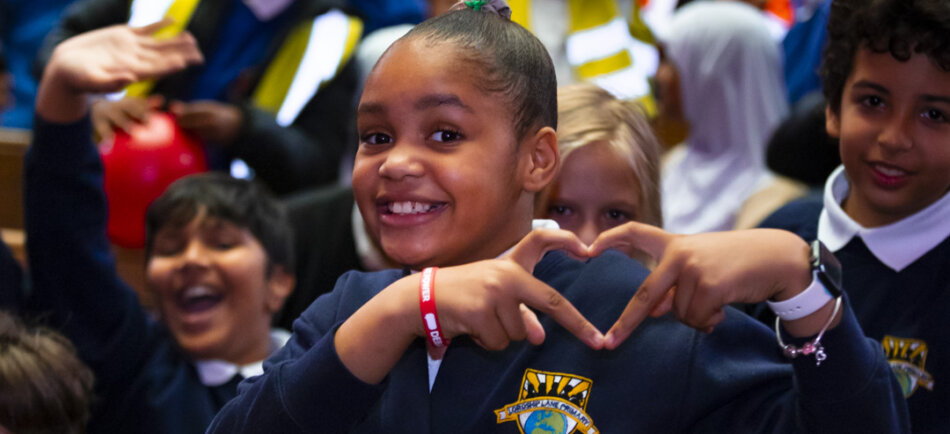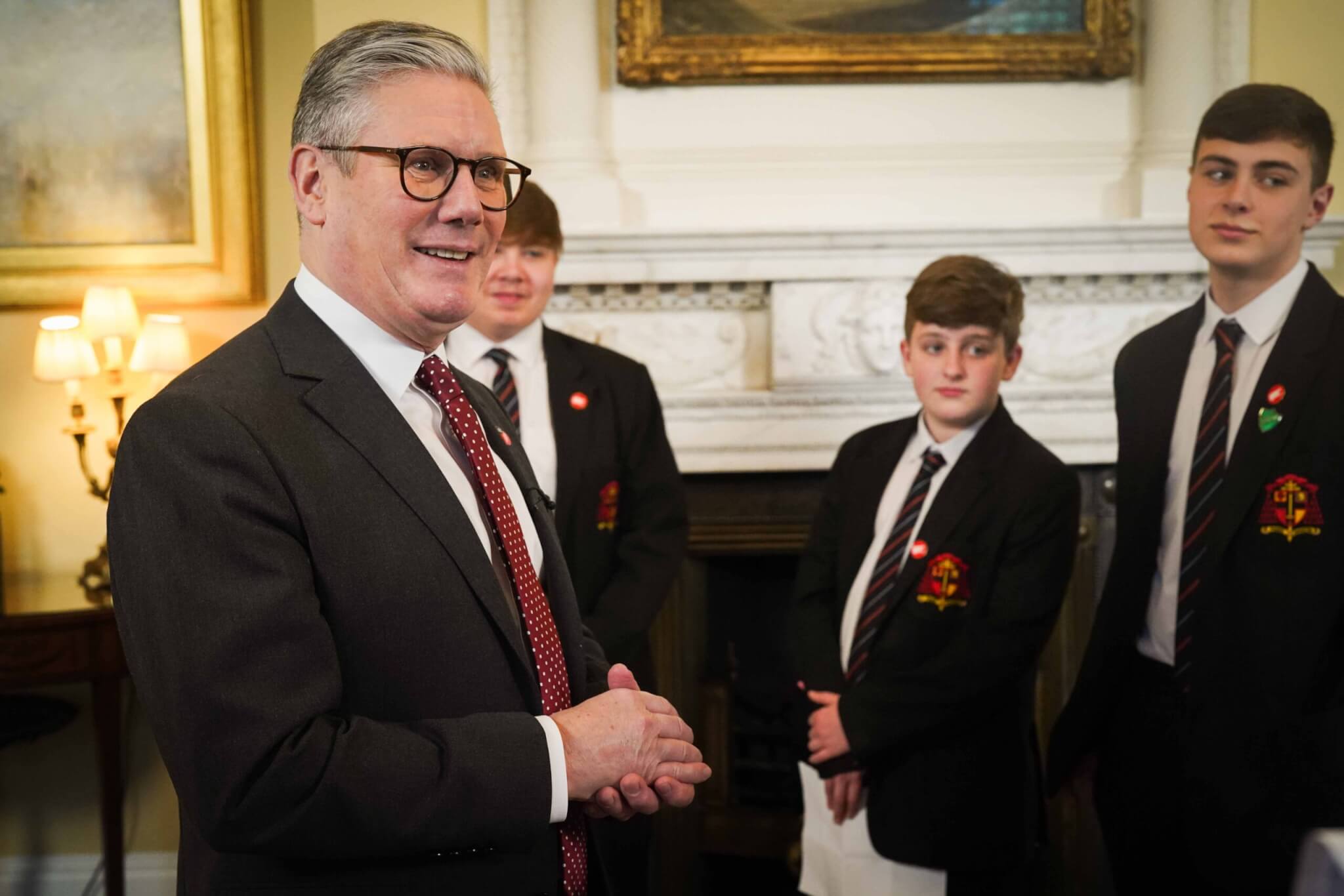Located in the Ardwick area of Manchester, Plymouth Grove Primary School has been a long standing member of the Debate Mate community. The percentage of students at Plymouth Grove eligible for free school meals is 52.4%, double the national average, and there are 73.3% of students whose first language is not English. At Plymouth Grove, Debate Mate has become an important part of the school culture with years of trophies proudly on display when hosting both rounds of the Urban Debate League competition.
The Core Programme at Debate Mate focuses on building up core confidence, teamwork, leadership, critical thinking and resilience through the mechanism of debating. Over the course of 17 weeks, mentors deliver engaging and enriching sessions that blend fun activities with the technicalities of debating. Students have the opportunity to compete in two rounds of the Urban Debate League, held at host schools, and the Debate Mate Cup, held at prestigious universities. The intention of the Core Programme is to not only improve the students’ debating skills but to also facilitate the transfer of these core skills back into the classroom and heighten students’ aspirations.
According to the Lead Teacher at Plymouth Grove, Sarah Thompson, her favourite part of the Programme is, “watching the shy children grow in confidence, it’s watching the confident children regulate that confidence and learn how to be respectful, it’s seeing the vocabulary change in what they know and how they can apply that vocabulary to their work in school, it’s being able to incorporate debating into the curriculum and watching the children being so excited to bring that to their classes.” The students themselves have also noticed the change in how they participate in class, with one student noting, “When I went to the front, I was really nervous and shy but today for example, our LO [learning objective] was to debate and I was really excited because I’ve got a lot of practice with that with Debate Mate, but not a lot of people have and I was so excited that I could do that in front of the whole class and share what I’ve been doing for the whole year.” Having attended our Teacher CPD many years ago, the school have worked hard to integrate debate into aspects of their curriculum highlighting not only their belief in our methodology but also how important Debate Mate is to the school. At Plymouth Grove, the demand to join the club is so high that there is a written application process that prospective debaters send to Miss Thompson. As she noted, “These children know that this club is very special and prestigious to them, they know that behaviour is an important part of that and an important part of being a leader is setting an example,” which highlights the use of Debate Mate as a tool for managing and improving behaviour turning more outspoken students into leaders.
The Core Programme also encourages the students to develop not only their leadership skills but their teamwork skills as well. Miss Thompson emphasised that the option for the school to mix groups of year 5 and 6 students together has allowed the students to create additional friendships with students they don’t usually work with: “I often find that the way the curriculum is built in school that you end up being quite isolated within your year group, so being able to combine upper KS2 and being able to get them to work in a team has been really special, and year 6 have naturally stepped into that leadership role.” One student shared that taking part in the Core Programme this year allowed him to develop his interpersonal skills, including teamwork: “[Teamwork] was really hard for me before, I couldn’t understand what other people thought but now I’ve become more sociable with Debate Mate, and not only that I’ve covered more of my skills working with people and now I really understand other people’s thoughts and how they take part.” Working as a cohesive team not only improves the students’ debating skills, but also allows them to work with their peers and assume leadership roles within class. All the students consulted for this case study agreed that they were now able to work in groups more effectively and that they find themselves leading group discussions more frequently.
When interviewing the students, they were primarily excited to share how they believe they have progressed in their debating ability. One student shared, “I feel like when I first started, my speech I didn’t even get to finish [writing] it, when I spoke I had to make it up and then it was quite sloppy and I was stuttering, but at the end I could do my speech very quickly and then I could enhance my language and improve on bits I wasn’t sure about.” The students’ resilience is particularly commendable, one student said the thing that has helped him improve the most was losing at competitions, “The one thing that has helped me the most is my defeat. Every time I am defeated, I grow stronger and I think about what I’ve done and what I haven’t and what I should and what I shouldn’t and I think it’s pretty good that I can learn from my mistakes.” As many of the students were new to debating this year they lost debates in the first competitions, but by the Debate Mate Cup, they were happy to share that they won their debates against particularly strong schools. The students also credit their mentors with helping them develop their skills. One student shared how valuable he found the feedback from the mentors to be: “I think it’s the feedback that’s the most important because the mentor spots where you are weak and where you’re strong so when they give you your feedback you know where to improve and you know where to make it better even if it’s good.”
Having relatable, engaging and inspirational university mentors led the sessions also makes the option of university more accessible and exciting, even for primary students. The students at Plymouth Grove spoke at length about how exciting the visit to the University of Manchester was to them. One student shared that, “at the beginning I didn’t really notice anything about university, I didn’t really think about it but we went on a trip to this university for the opening of Debate Mate, I got really interested in it,” with another emphasising that the size of the university blew them away: “So for me when we were walking to go there, I saw through the windows, all the rooms and not a single thing I recognised on the board and the teacher was just teaching like fifteen billion students in one classroom, and also what was really strange was that I was like ‘oh this place is so big’ and then we had to go to another building to do the actual tournament and the other building was even bigger and I was so fascinated!” As adults, the scale of universities may not be so impressive to us, but providing 10 year olds the opportunity to explore places of higher education allows them to be aspirational about their future from an early age and most importantly feel a sense of belonging. Debate Mate works in areas of educational disadvantage, and providing opportunities to facilitate social progression through education is increasingly important.
As Plymouth Grove mixes teams of year 6 and year 5 students, there are many excited students looking forward to improving their debating skills in the new academic year. For staff and mentors at Debate Mate, Plymouth Grove has made an exceptionally noticeable improvement in confidence and comportment in competitions, with the students clearly showing improvement in their self-esteem between each event. This is down to the dedication of their Lead Teacher to the Debate Mate curriculum, fantastic mentors who went above and beyond for the students and the students’ own dedication to working each week to better their communication skills.




